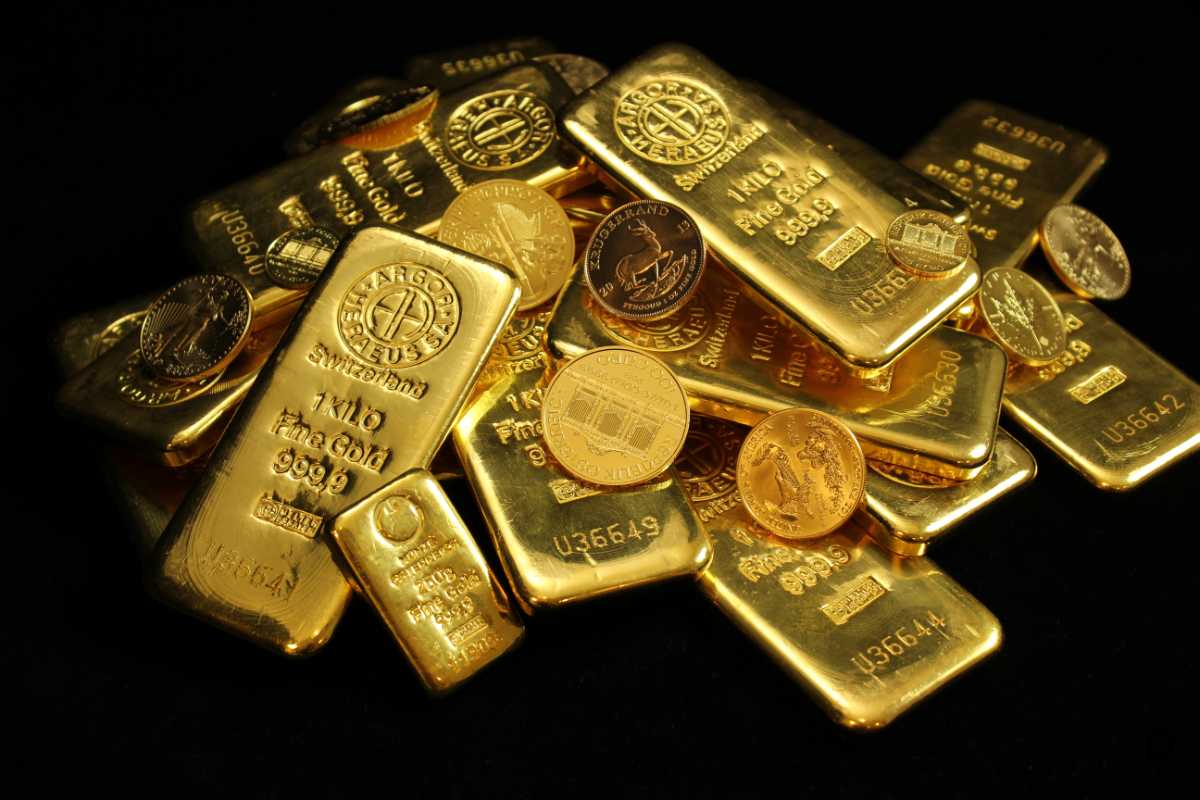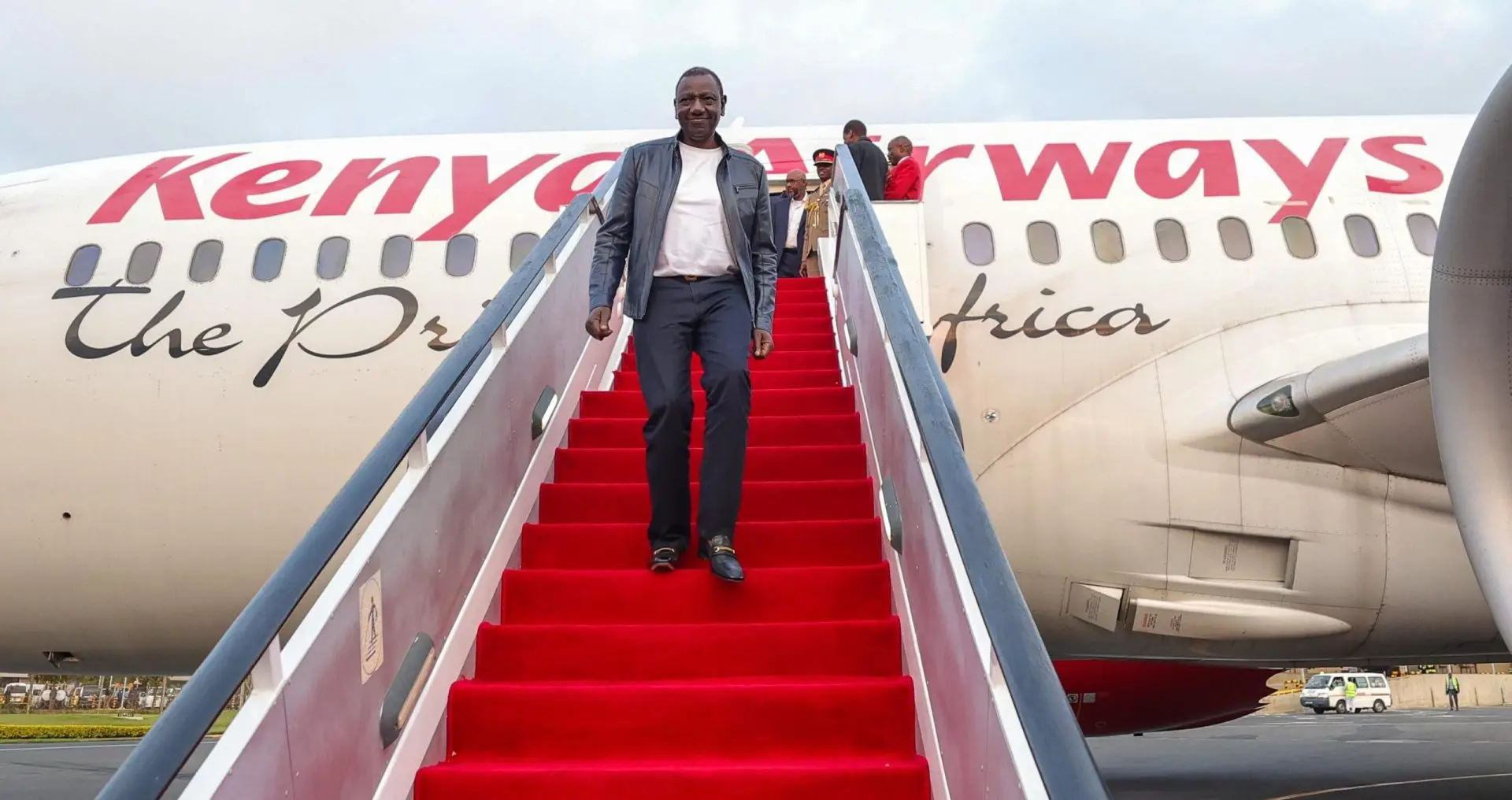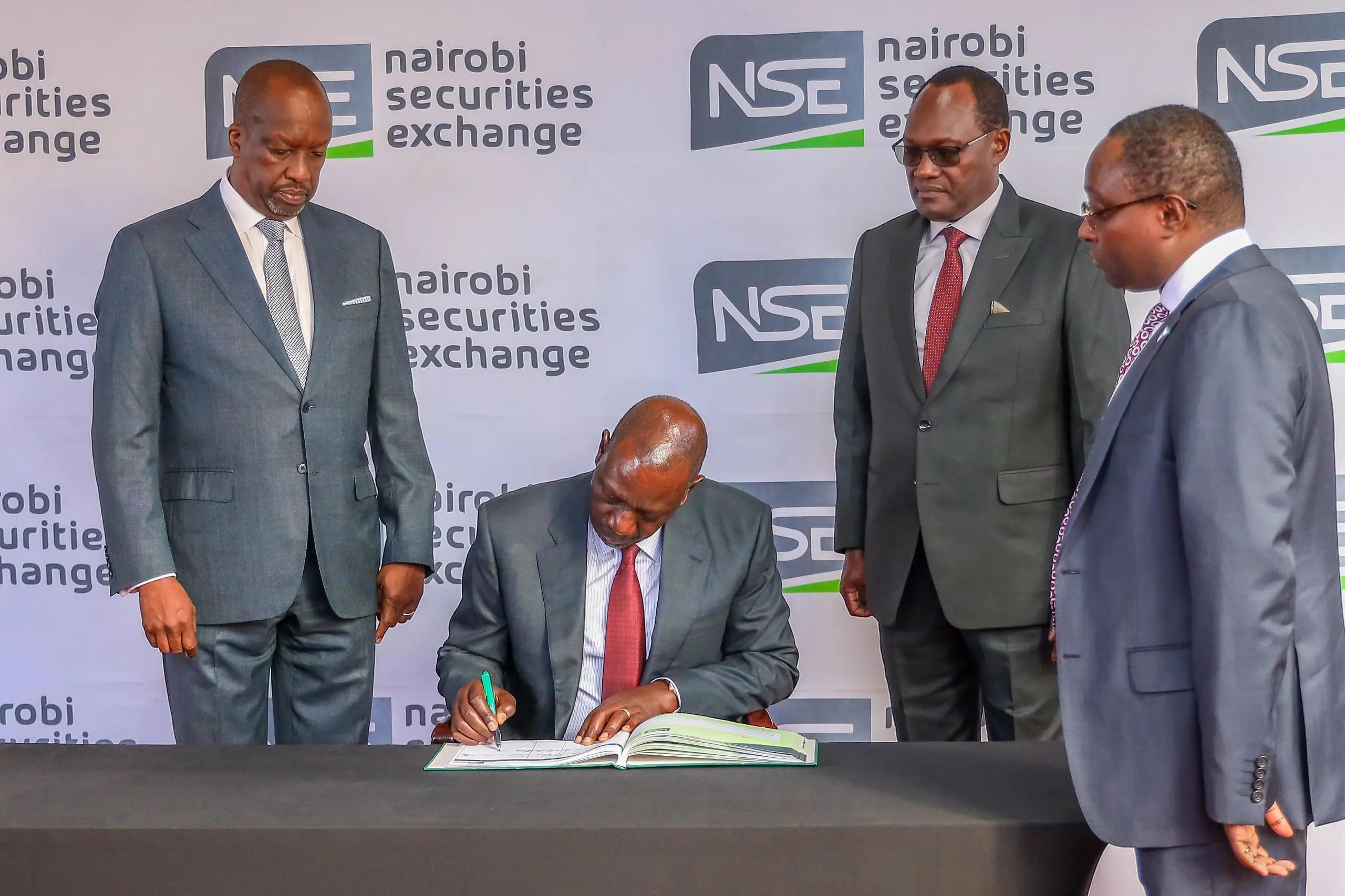
Kenya’s Shift to Mineral Value Addition: A Strategic Policy Change
Kenya is planning a change in its mineral export policy, barring the export of some raw minerals like gold, gemstones, and granite. This is a major policy shift that comes when the government and private investors are putting up local processing plants to raise revenues and ensure money trickles down to local communities from the country's mineral wealth. The move aligns with Kenya's broader vision of advancing its mining sector and value addition before export.
Strategic Investments in Processing Plants
Already, the Ministry of Mining has started making some noticeable strides in these regards, having signed a multibillion-shilling deal with private investors for the establishment of a gold refinery in Kakamega at a cost of KSh 5.8 billion. The second one is for a granite processing plant currently under construction in Vihiga County with an investment of KSh 2.5 billion. Construction works on both projects will be complete by mid-2025, marking the end of the old era where raw minerals will not be exported without local processing.
According to Mining Principal Secretary Elijah Mwangi, the change in policy will ensure that minerals mined in Kenya are beneficiated locally to ensure maximum benefits accrue to the country and mining communities. He said it is upon the government to ensure that mining activities contribute to economic growth at the local level.
Adding Value to Gold, Gemstones, and Granite
Traditionally dominated by artisanal and small-scale operations, gold mining is set to be one of the pioneer beneficiaries of the new policy. Despite the fact that earnings from gold mining fell back in 2023 to KSh 3.17 billion from KSh 3.38 billion the previous year, completion of a gold refinery in Kakamega will ramp up local refining and increase the value of Kenya's gold exports.
Equally, the Vihiga granite processing factory is set to benefit from the immense deposits of granite in the region that are suitable for making such goods as kitchen tops, tiles, and monuments. For the gemstones, the government has already set up a value addition center in Voi with modern machinery to cut the gemstones before exporting them.
Dealing with Smuggling/Illegal Mining
Perhaps the biggest challenge facing the mining sector in Kenya is illegal mineral exploration and extraction, mostly associated with smuggling. Although mining laws in the country have provisions for penalties, including fines up to KSh 10 million or imprisonment for illegal activities, the smuggling continues. In reaction to the practice, the government has deployed officers at border points and key locations such as KPA in Mombasa and JKIA to oversee the certification of minerals for export. This has reportedly served to reduce cases of smuggling.
A Broad Shift Toward Mining Modernization
Although Kenya's mining sector has been active for more than 50 years, large-scale production has been mostly confined to soda ash and, more recently, titanium ores in Kwale. It also is thought to have significant deposits of copper, niobium, manganese, and rare earth minerals, all of which remain under-exploited. The increased focus by the Government on adding value to the continuous investments being made in the mining sector will result in increased productivity and ultimately increase the contribution of the mining industry to the economic growth of Kenya.


